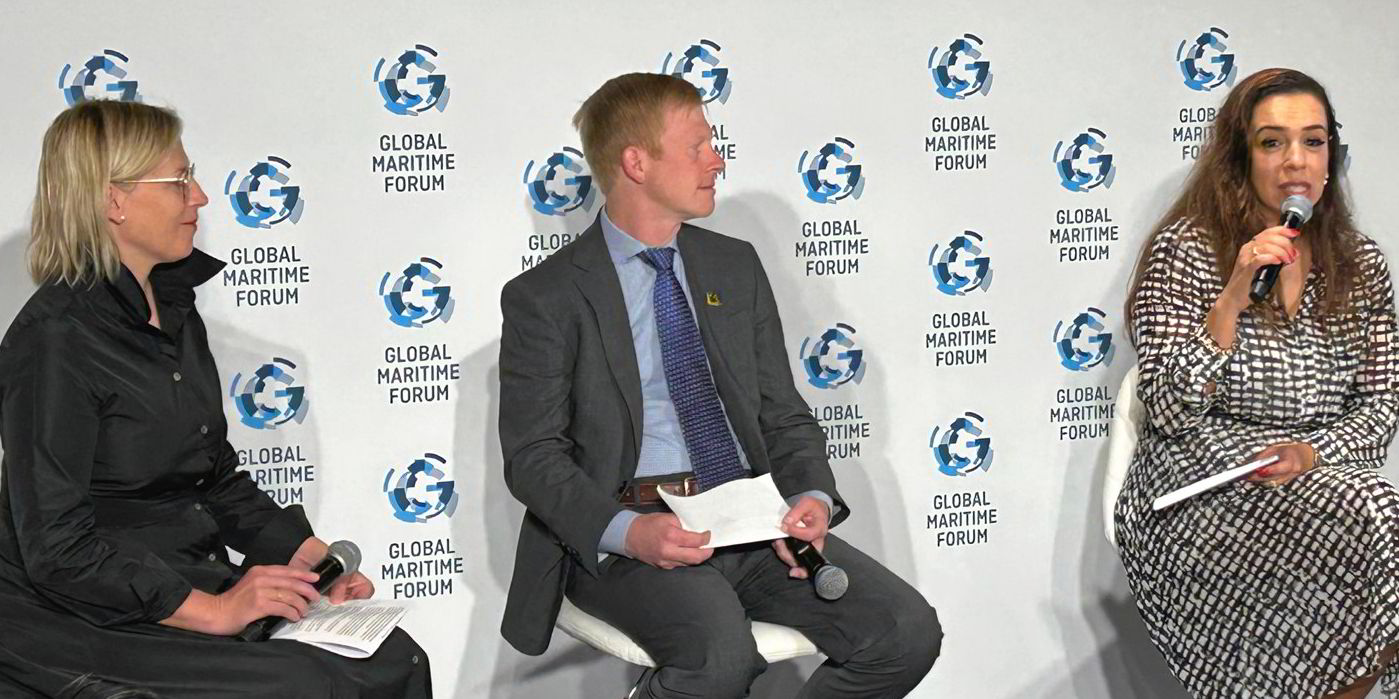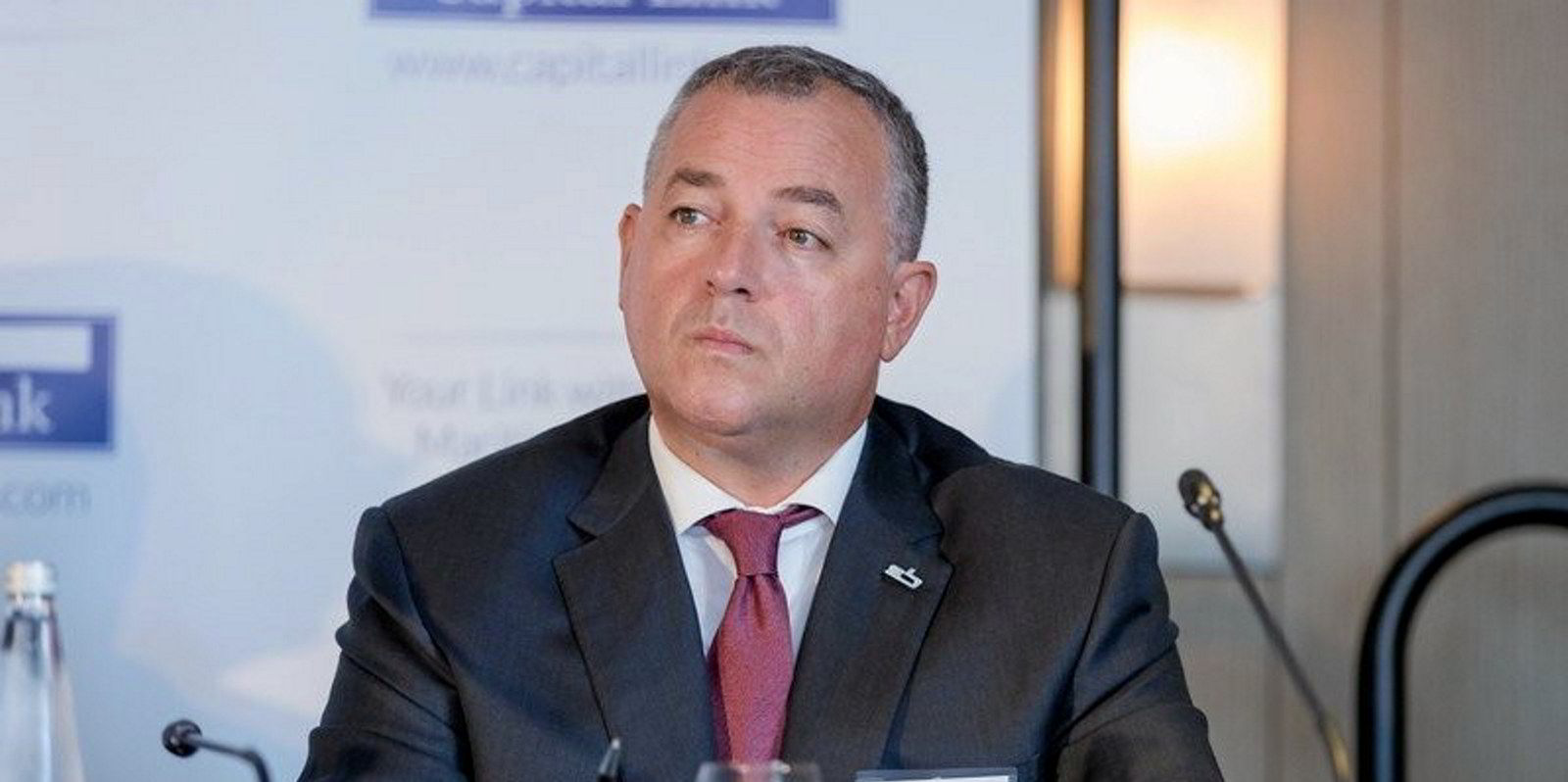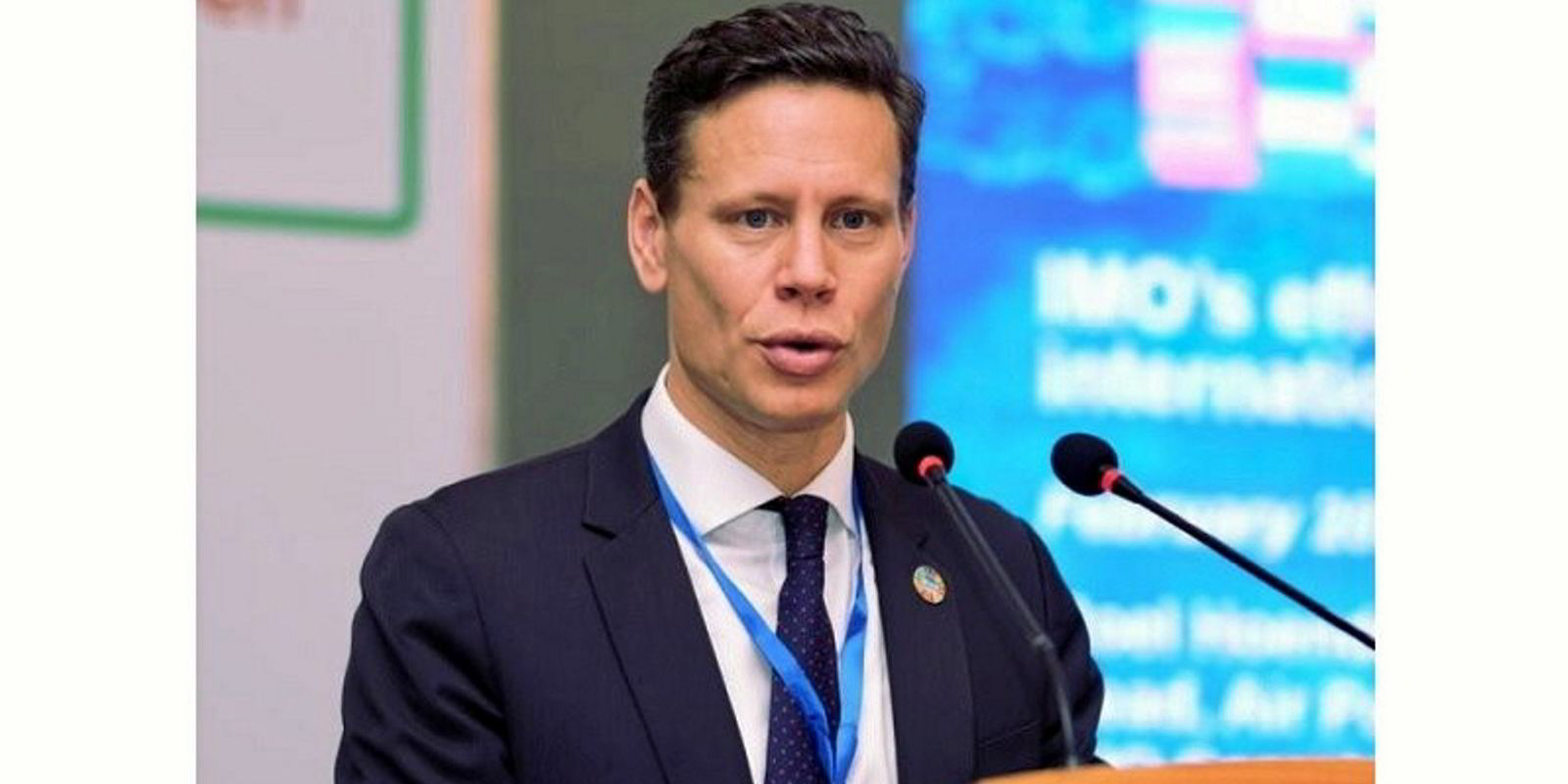Thirty major players from all corners of the maritime industry launched an initiative on Thursday, seeking to improve vessels’ operational efficiency as the most readily available short cut to decarbonisation.
The ambition statement, “Taking Action on Operational Efficiency”, is co-signed by firms such as Cargill, Euronav and Chevron and includes calls for a new kind of tailor-made charterparty clause.
“We support changing counterparty contracts when possible so that they benefit both contracting parties, as well as our shared maritime industry goals,” said the document released in Athens on the sidelines of the Global Maritime Forum.
“Recognising the dominance of standard contracts for over a century, we are dedicated to modernising contracts, for example via clauses that enable and encourage operational efficiencies.”
If adopted and more widely accepted, such clauses could address shipowners’ complaints that second-tier charterers are not paying their fair share for vessel improvements from which they ultimately benefit as well.
Speaking during the presentation on Thursday, Euronav’s interim chief executive, Lieve Logghe, explained how the clauses could work.
“We did an experiment with a key customer on the just-in-time delivery or arrival at the port, where we slowed speed and shared the benefits,” she said.
Eman Abdalla, global operations & supply chain director at Cargill Ocean Transportation, pointed out that such clauses should draw in other players as well — cargo providers in particular.
“When we talk about contractual terms … we’re also talking about commodity contracts because it’s commodity contracts that cascade and dictate the terms of shipping contracts,” Abdalla told the same panel.
“It’s a collective effort. We’re not going to be able to do this by ourselves.”
No collaboration, no decarbonisation
Contractual terms are just one aspect of the initiative’s multi-pronged effort.
Players including Genco, Oldendorff, Louis Dreyfus Co, Maersk Tankers, NYK Group, Bunge, the Port of Rotterdam, Stephenson Harwood and ZeroNorth pledged to take action “above and beyond regulatory compliance” and report annually on progress in five areas.
These range from data collection and transparency to port terminals and value chains to running pilot schemes and fostering cultural change within companies.
Abdalla said it took co-signatories 18 months of discussions to arrive at the ambition statement.
The talks were motivated by research that found operational efficiency measures — from low-friction marine paintings to slow steaming and route optimisation — can reduce CO2 emissions by more than 200m tonnes per year and cut shipping’s annual fuel costs between 20% and 25%.
Such savings can in turn free up funds to spend on the more expensive zero-emission fuels of the future.
“For us, it was a no-brainer [to join],” said Logghe.
No shipping company from southern Europe has signed up to the ambition statement yet.
Past experience, however, shows that even reluctant players eventually catch on.
The Sea Cargo Charter, a scheme under which owners agree to share their voyage data, was initially a slow burner as well, said Abdalla.
“In the beginning it was brutal and it was very difficult — owners were not necessarily very forthcoming,” she said.
“Bit by bit, however, this has become the new standard and is widely accepted now, without any pushback.”





